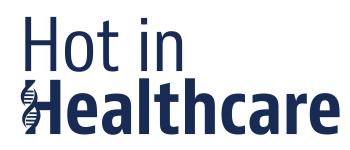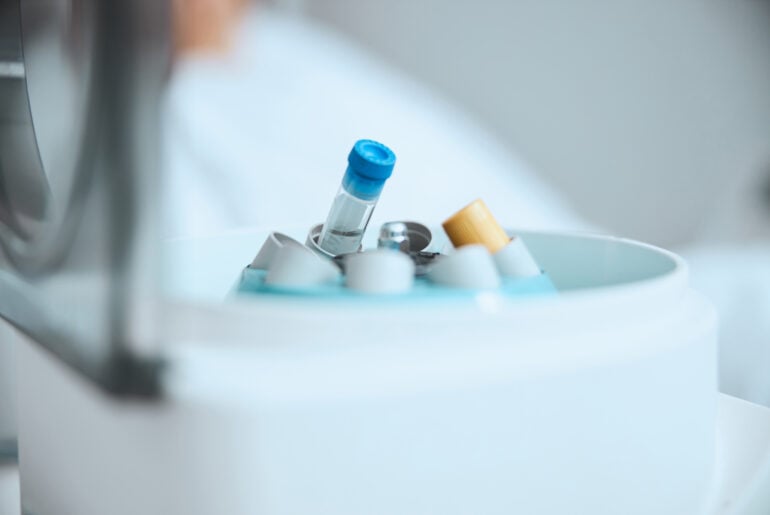In brief
Reimbursing medicinal products is critical to ensure that treatments are widely available to patients. This is especially true for innovative products and is expected to become even more important with the EU Pharma reform package.
Pricing and reimbursement (P&R) is an area regulated at Member State level, and on average the regulatory approach in Hungary has been on the stricter side for new medicinal products causing delay to market access. However recent legal reforms in Hungary on P&R aim to improve the situation and ensure earlier access for patients to innovative medicines. Whether these improvements will be reflected in legal practice remains to be seen.
In Hungary, obtaining a P&R approval currently requires that the medicinal product is already marketed with reimbursement in at least three other EEA countries because the product may not have a reimbursed price in Hungary that is higher than the mathematical average of the same product’s price in at least three EEA countries (actually the lowest priced countries if the product is reimbursed in more than three countries). This rule prevents Hungary from being an early adopter for pharmaceuticals. Due to a recent amendment, this restriction will no longer apply with effect from 1 June 2023. Thus, if the medicinal product is reimbursed in less than three EEA countries, then the average of the reimbursed price in the given two EEA countries, or the single EEA country will apply. If the product is not reimbursed in any EEA countries, this will no longer prevent inclusion into reimbursement either. The new rule is primarily aimed at facilitating market access of Hungarian innovative manufacturers, but lifting the restriction can also benefit foreign MAHs.
This is also a positive development in light of the EU Pharma Reform Package that was issued by the Commission on 26 April. The EU proposal would expect marketing authorization holders (MAH) to ensure patient access in EU countries within two (or in exceptional cases, three) years of obtaining a marketing authorization (MA) to keep the same data exclusivity period that is currently applicable (i.e. eight years).
The above amendment follows an earlier development in February 2023, which changed the assessment procedure for named-patient reimbursement (NPR) requests. This procedure became more stringent in an effort to reduce overspending within the NPR budget and to encourage MAHs to file regular reimbursement requests instead of using the NPR route. Further to this change, if an application for NPR is received for a medicinal product that has not yet been assessed by the counseling committee of the Ministry of Health (MoH), the application will also be examined by the Professional Counseling Committee and the Social-ethics Decisional Committee operating alongside the Health Insurance Fund Administration (NEAK). This is a significant change given that previously the NEAK only had to consult a single competent doctor when evaluating NPR applications. Although the NEAK will not be bound by the opinions of the two advisory committees, the procedure will likely become more objective and formal. According to a press statement of NEAK, the NEAK intends to accelerate the normal reimbursement process and achieve that the MoH will also cooperate in streamlining the currently lengthy process of legislative amendments to get closer to the statutory 90 day-limit. It remains to be seen if the NEAK and MoH can achieve their stated goals.






